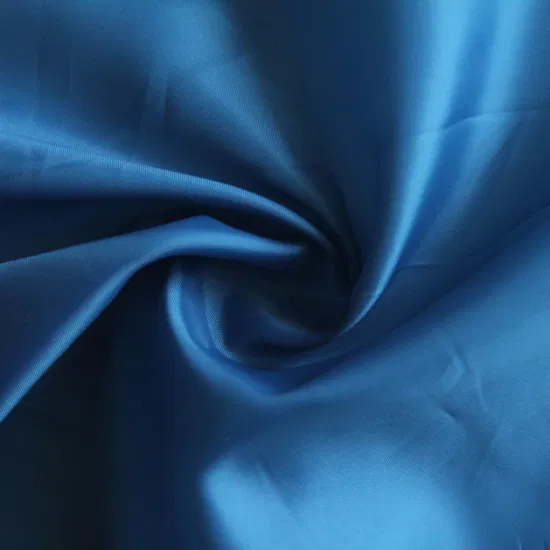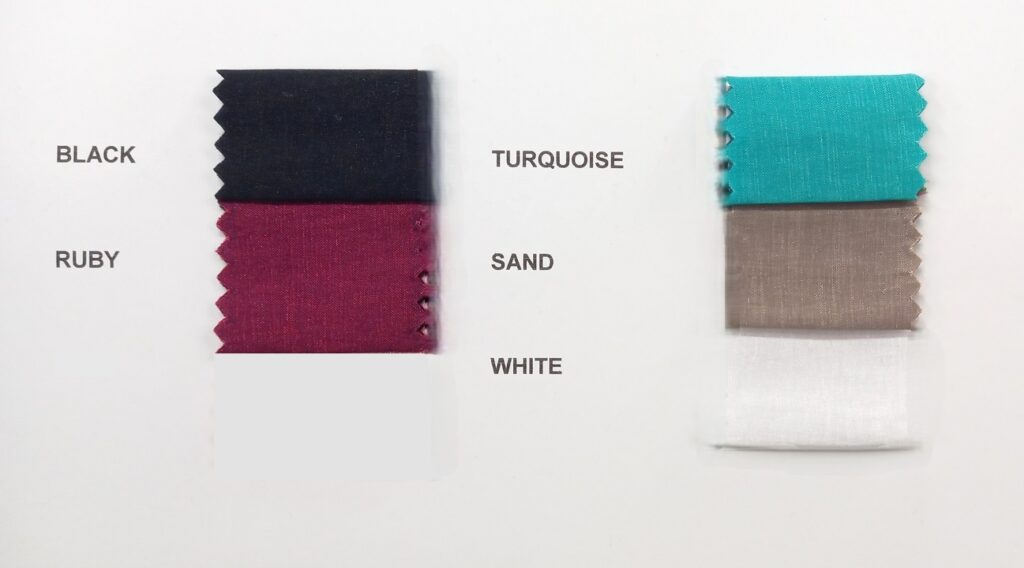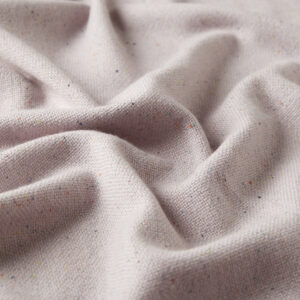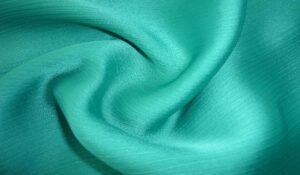Can You Wear Wool and Taffeta Together?

Introduction
Fabric compatibility is crucial in both fashion and sewing, influencing the final look and feel of garments. Wool and taffeta, each with unique characteristics, can be combined with careful consideration. This article explores their compatibility, offering insights into mixing these fabrics effectively.
Compatibility Analysis
Yes, you can wear wool and taffeta together. These fabrics can complement each other when combined thoughtfully. Wool provides warmth and a soft texture, while taffeta adds a crisp, lustrous finish. Key factors to consider include texture, weight, stretch, care requirements, and durability. Wool’s natural elasticity pairs well with taffeta’s structured form, creating garments that are both stylish and functional.
Fabric Properties Comparison Table
| Property | Wool | Taffeta |
|---|---|---|
| Fiber Content | Natural | Synthetic or Natural |
| Weight and Thickness | Medium to Heavy | Light to Medium |
| Breathability | High | Low |
| Moisture-Wicking | Yes | No |
| Stretch and Elasticity | Some | None |
| Wrinkle Resistance | Moderate | Low |
| Care Instructions | Dry Clean or Gentle Wash | Dry Clean or Gentle Wash |
| Durability | High | Moderate |
Benefits of Mixing These Fabrics
Combining wool and taffeta offers several advantages. The contrasting textures create visual interest, while the combination of warmth and structure enhances comfort and performance. This pairing can improve drape and movement, making it suitable for various designs. Additionally, mixing these fabrics is cost-effective and versatile across seasons, opening up numerous design possibilities for both fashion and home decor.
Potential Challenges
While mixing wool and taffeta has benefits, it also presents challenges. Different shrinkage rates can affect garment fit, and conflicting care requirements may complicate maintenance. Texture clashes or pilling might occur, and seam puckering can be an issue. Color bleeding or fading is another concern. To address these challenges, pre-wash fabrics to manage shrinkage, use compatible care methods, and select appropriate interfacing to stabilize seams.
Sewing & Styling Tips
When sewing wool and taffeta together, choose a universal needle size 70/10 or 80/12 and polyester thread for durability. Use lightweight interfacing to maintain structure without adding bulk. French seams or serged edges work well for finishing. Opt for patterns that highlight both fabrics, such as structured jackets or skirts with wool bodices and taffeta skirts. Styling ideas include layering a wool coat over a taffeta dress for a chic look.
Care & Maintenance Guide
To care for wool and taffeta blends, wash gently in cold water or dry clean. Air dry flat to prevent distortion, and use a cool iron with a pressing cloth to avoid shine. For stain removal, treat wool with mild soap and taffeta with a gentle stain remover. Long-term care involves storing garments in a cool, dry place to prevent damage.
FAQ Section
-
Can you wash wool and taffeta together?
Generally, it’s best to dry clean or wash them separately due to different care needs. -
Will wool shrink more than taffeta?
Yes, wool is more prone to shrinkage, especially in hot water. -
What needle size should I use for sewing these fabrics together?
A universal needle size 70/10 or 80/12 is recommended. -
Can you mix wool and taffeta in one garment?
Yes, they can be combined effectively in garments like dresses or jackets. -
How do you prevent seam puckering when combining these fabrics?
Use lightweight interfacing and adjust tension settings on your sewing machine. -
Is it okay to mix wool and taffeta for upholstery?
While possible, consider the durability and care requirements, as taffeta is less durable. -
What’s the best way to finish seams with these fabrics?
French seams or serged edges provide a clean finish.
By understanding the properties and compatibility of wool and taffeta, you can create stylish, functional garments and decor that leverage the best of both worlds.



Leave a Reply